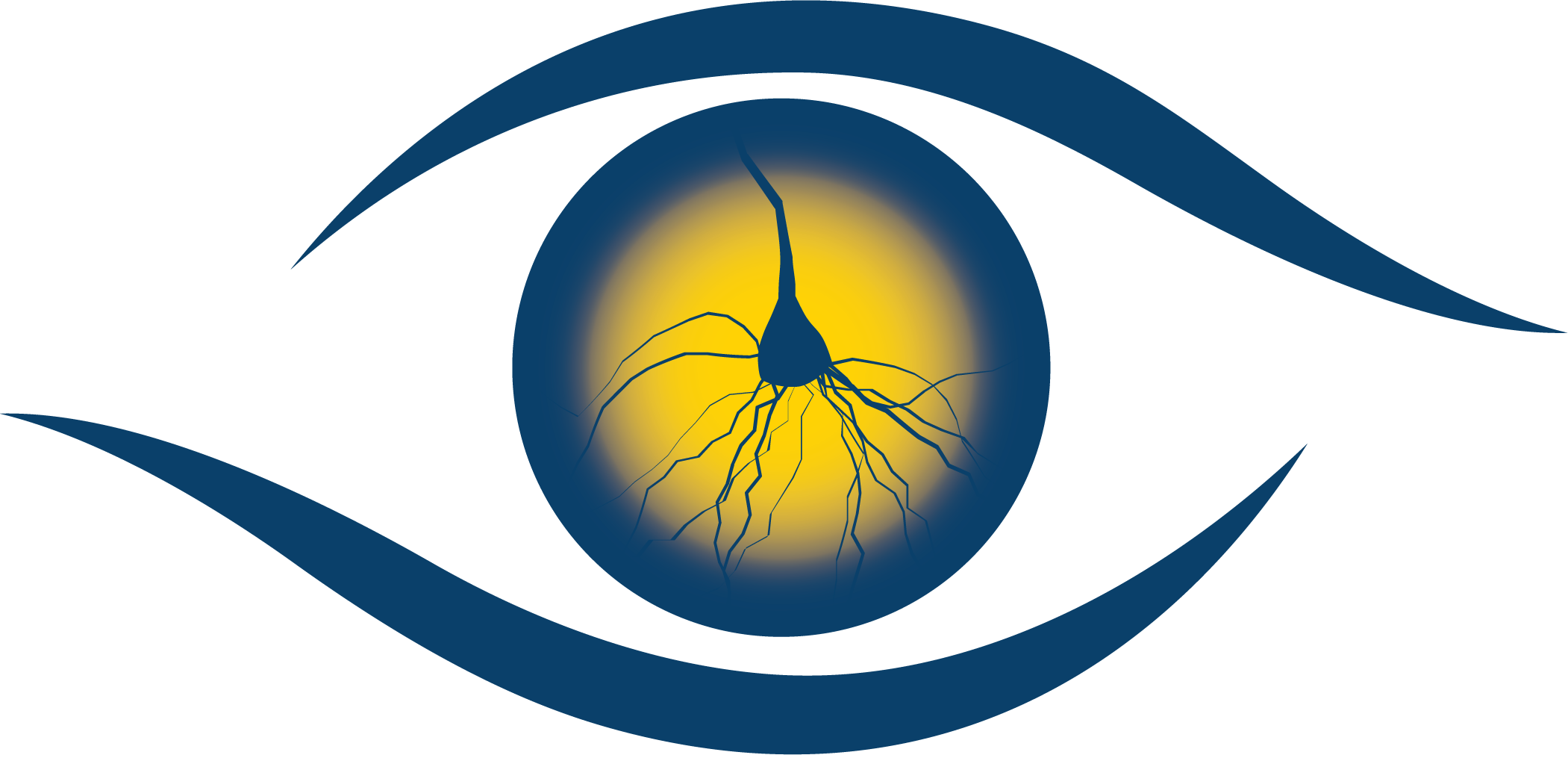Training in Visual Science
Our training covers a broad range of basic and clinical problems in vision. A number of participating programs place special emphasis on linking visual performance to underlying neural mechanisms, focusing on central visual processing and utilizing psychophysical, physiological, imaging and computational approaches. Another important training component involves the use of advanced optical techniques to study both basic questions about retinal processing and translational research on eye disease. Finally, there is emphasis on training in cell biology of the normal and diseased eye. The Center for Visual Science (CVS) provides stipends funded by the National Eye Institute for four graduate students and a postdoctoral fellow engaged in vision research.
Training in vision science is supervised by the CVS Training Grant Steering Committee, which draws from key CVS contributing departments. The committee consists of Program Director, Duje Tadin (Brain and Cognitive Science), Krystel Huxlin (The Flaum Eye Institute), Susana Marcos (Institute of Optics, David Williams Director of CVS), and Debbie Shannon (program administrator).
Postdoctoral Training
The emphasis of postdoctoral training is on research activities, often of collaborative nature. The fellows are also encouraged to give talks in the CVS research talk series, to lead discussion groups in lab meetings and journal clubs, as well as to present their work at national and international conferences. In addition, postdoctoral fellows are often invited to give guest lectures in graduate courses.
If you are interested in a postdoctoral fellowship in the Center for Visual Science, check out our available positions. You must contact the faculty member(s) you would like to work with directly.
Graduate Training
Students interested in vision science receive training while they are enrolled in a graduate program offered by one of the affiliated departments or programs, including the departments of Brain and cognitive science, biomedical engineering, neuroscience, the Institute of Optics, and the Neuroscience Graduate Program.
Students take courses in their home departments plus advanced seminars in visual science. Concurrently, students carry out research projects in a vision research lab of their choice. They attend the Boynton Colloquium series and participate in research meetings and journal clubs. They may also attend the biennial CVS Symposium and the OSA Fall Vision Meeting.
Undergraduate Opportunities
CVS offers a number of opportunities for undergraduates to learn about and participate in vision research. We offer two minors in visual science, one requiring five courses and the other, a research minor, requiring two regular courses, a special independent study in contemporary vision science, and two semesters of research in a CVS faculty member's lab. Faculty in CVS teach a large number of courses in vision science and related areas, including courses in the neural foundations of vision, in perception and action, and in computer vision. Faculty welcome students into their labs to participate in research and often offer jobs as part or full-time research assistants.





